Alphabet Learning Normal Worksheets for Ages 5-7
5 filtered results
-
From - To
Explore our Alphabet Learning Normal Worksheets designed specifically for children aged 5-7. These engaging and educational resources are perfect for young learners starting their journey into alphabet mastery. Each worksheet is thoughtfully crafted to inspire a love for letters and promote essential early literacy skills. From tracing and matching activities to simple puzzles and coloring pages, our worksheets provide a balanced approach to learning that keeps children motivated and excited. Foster your child's A-to-Z knowledge with our fun, interactive, and effective practice materials today! Unveil a world where learning the alphabet is both enjoyable and impactful.
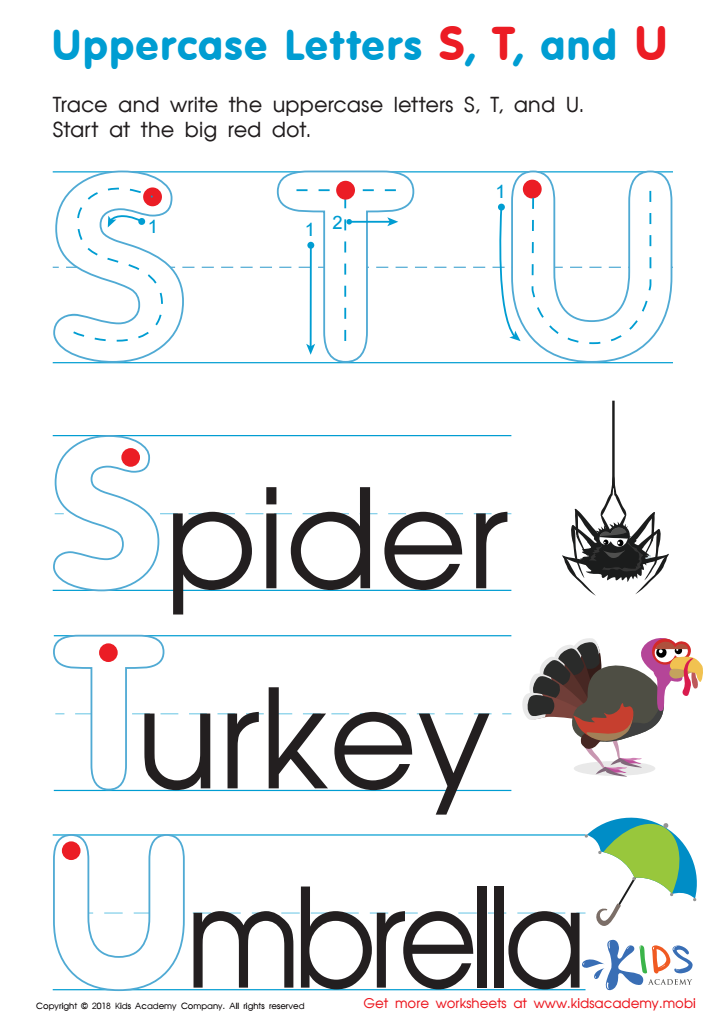

Uppercase Letters S, T, and U Worksheet
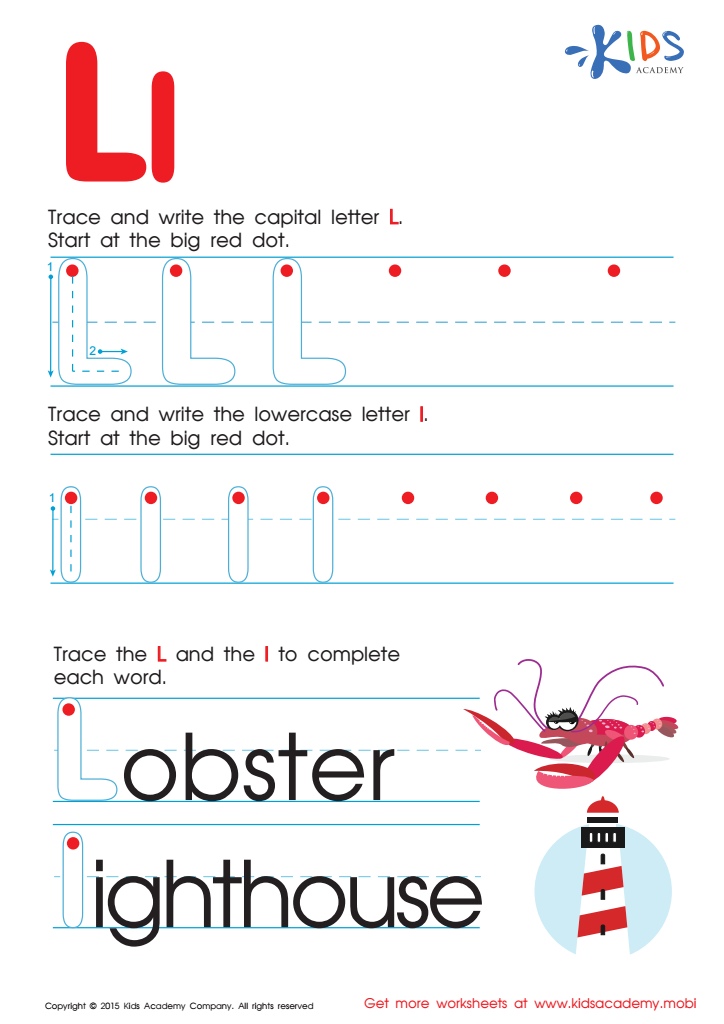

Letter L Tracing Page
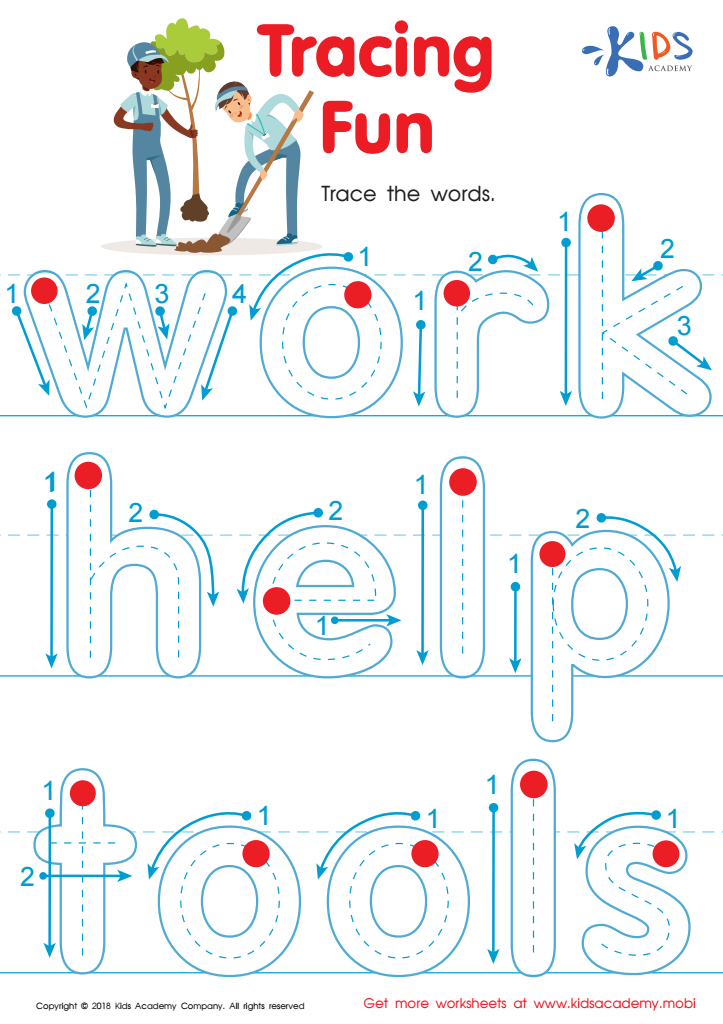

Tracing Fun Worksheet
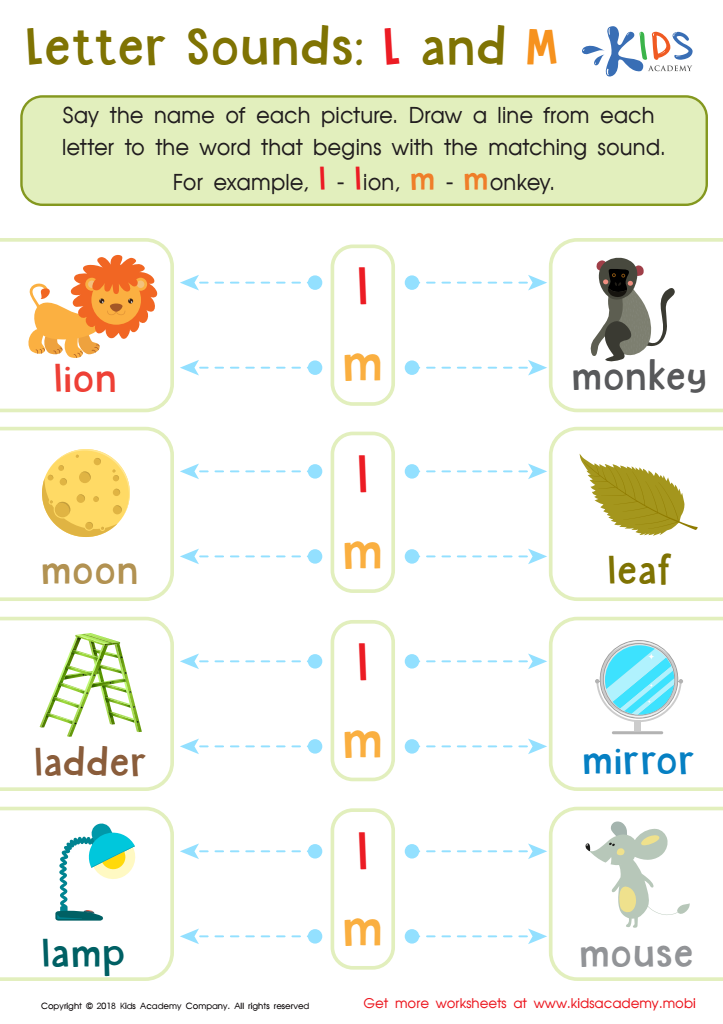

Letter l and M Sounds Worksheet
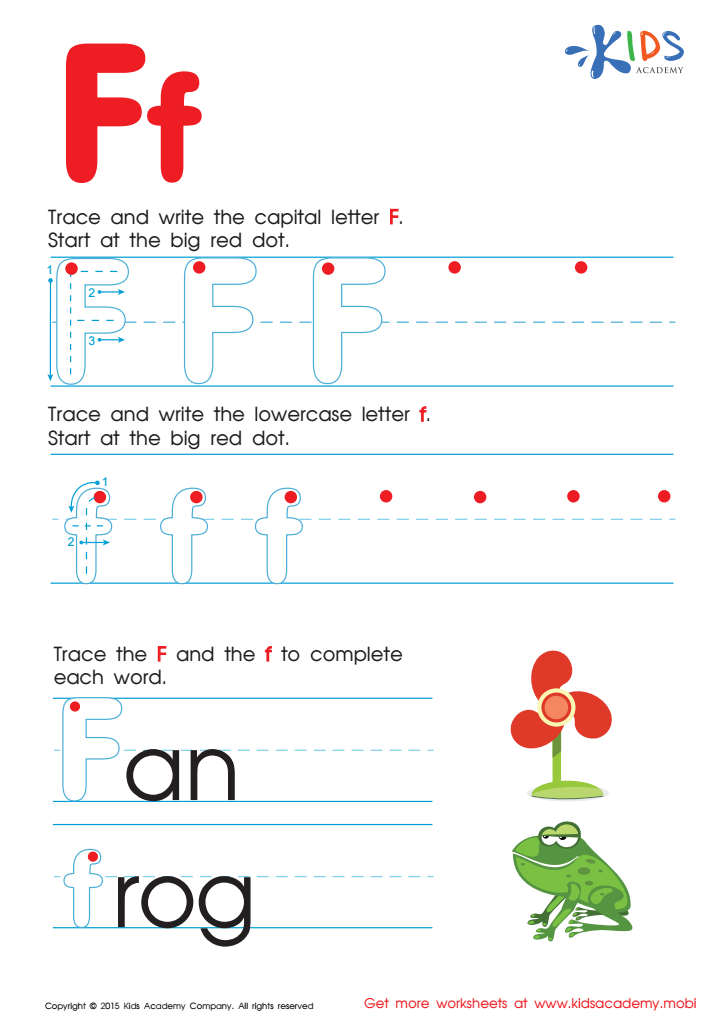

Letter F Tracing Page
Alphabet learning is a fundamental milestone for children aged 5-7, setting the foundation for their future literacy skills. During this critical period, children transition from recognizing to fluently using the alphabet in reading and writing. Mastery of the alphabet helps them decode words, which is essential for reading proficiency and comprehension. It also underpins their ability to spell, write, and express ideas clearly.
For parents and teachers, emphasizing alphabet learning normal for this age range supports cognitive development and lays the groundwork for academic success. When children can effortlessly identify and manipulate letters, they gain confidence and motivation to explore texts. This curiosity fosters a lifelong love of learning. Importantly, delayed alphabet learning can often indicate or lead to difficulties in other literacy areas, potentially impacting a child's self-esteem and classroom performance.
Focusing on alphabet learning aligns teaching strategies with children's developmental stages, ensuring that educational practices meet their emotional and intellectual needs. Engaging activities, such as singing alphabet songs, playing letter-based games, or encouraging early reading, make learning enjoyable and effective.
By prioritizing alphabet learning, parents and teachers provide children with the skills and confidence needed to thrive academically and develop robust communication abilities, positively influencing their overall growth and future educational journeys.
 Assign to My Students
Assign to My Students






















